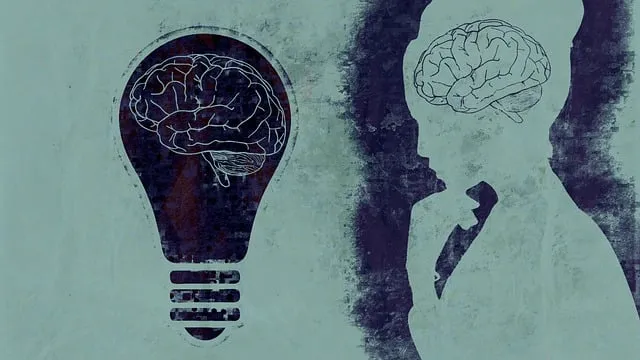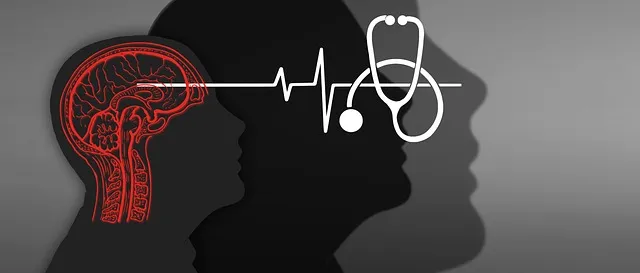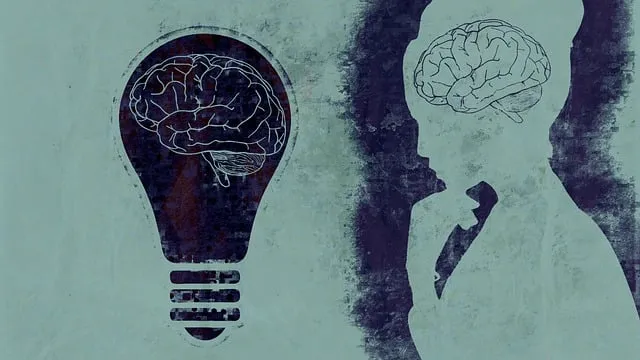Kaiser Permanente mental health jobs in Golden prioritize emotion regulation as a key component of mental well-being. Through techniques like building self-esteem, crisis intervention, and mindfulness practices, individuals gain skills to manage emotions, improve relationships, and navigate challenges. These strategies, integrated into organizational policies and workshops, reduce stigma, foster open dialogue, and enhance overall health. Self-awareness, conflict resolution, and regular coaching programs empower employees, preventing burnout in demanding healthcare environments. Emotion regulation training benefits both clients and professionals, promoting healthier work-life balances and contributing to improved mental health outcomes in the community through Kaiser Permanente's outreach programs.
Emotion regulation is a cornerstone of mental well-being, enabling individuals to manage and understand their feelings effectively. This article explores various techniques through a lens inspired by Kaiser Permanente mental health jobs, known for fostering emotional intelligence. We delve into foundational understanding, practical strategies, and the impact of emotion regulation training in diverse settings. Discover golden rules for mastering these skills and integrating them into daily life, leveraging insights from Kaiser Permanente’s expertise.
- Understanding Emotion Regulation: The Foundation of Mental Well-being
- Kaiser Permanente Mental Health Jobs: A Gateway to Teaching Emotional Intelligence
- Golden Rules for Effective Emotion Regulation Techniques
- Practical Strategies for Integrating Emotional Learning into Daily Life
- The Impact of Emotion Regulation Training in Various Settings
Understanding Emotion Regulation: The Foundation of Mental Well-being

Emotion regulation is a crucial cornerstone of mental well-being, and mastering it can significantly impact one’s overall health and quality of life. It involves understanding, managing, and modifying emotional responses to promote positive outcomes. At Kaiser Permanente, mental health jobs often center around teaching individuals effective emotion regulation techniques as a foundational aspect of holistic care.
Golden strategies for self-regulation include building self-esteem improvement skills to enhance one’s ability to cope with emotions. Communication strategies play a vital role in managing relationships and expressing feelings constructively. Moreover, crisis intervention guidance equips people with tools to navigate intense emotional states safely and effectively. By teaching these techniques, Kaiser Permanente contributes to fostering resilient individuals capable of navigating life’s challenges with greater ease.
Kaiser Permanente Mental Health Jobs: A Gateway to Teaching Emotional Intelligence

At Kaiser Permanente, mental health jobs offer a unique gateway to teaching emotional intelligence. These roles, often found within the organization’s dedicated mental wellness departments, play a pivotal role in promoting holistic well-being among employees and community members alike. Through various initiatives such as Mental Health Policy Analysis and Advocacy, these professionals not only contribute to shaping effective mental illness stigma reduction efforts but also organize Stress Management Workshops to equip individuals with essential emotional regulation techniques.
The Golden opportunity presented by Kaiser Permanente’s mental health jobs allows practitioners to foster a culture of open dialogue around mental wellness, ensuring that employees have access to resources and support tailored to their unique needs. By integrating teaching emotional intelligence into organizational practices, these positions empower individuals to navigate life’s challenges with enhanced resilience and self-awareness, ultimately contributing to improved mental health outcomes within the organization and beyond.
Golden Rules for Effective Emotion Regulation Techniques

Emotion regulation techniques are a vital tool for maintaining mental wellness and overall well-being, especially in demanding work environments like Kaiser Permanente mental health jobs. When it comes to effective strategies, several golden rules stand out. Firstly, self-awareness is key; recognizing and understanding your emotions is the first step towards managing them. This involves taking a moment to identify what you’re feeling and why, without judgment. Once aware, individuals can begin to apply various techniques such as mindfulness practices, which help to stay present and grounded in the current moment, thereby reducing impulsive reactions.
Additionally, learning conflict resolution techniques can significantly contribute to stress reduction methods. Constructive communication and healthy expression of emotions during conflicts can prevent escalation and foster positive relationships at work and beyond. The Kaiser Permanente mental health jobs often emphasize these skills, promoting a supportive environment for both patients and professionals. Incorporating regular mental wellness coaching programs development into one’s routine can also be transformative, offering guidance and tools to navigate life’s challenges with resilience and emotional intelligence.
Practical Strategies for Integrating Emotional Learning into Daily Life

Integrating emotional learning into daily life is a powerful step towards improving mental well-being, and Kaiser Permanente mental health jobs in Golden often emphasize this very aspect. Practical strategies include mindful practices such as meditation or deep breathing exercises, which can be incorporated into morning routines or breaks during hectic workdays. These techniques help individuals cultivate present-moment awareness, enabling them to better manage stress and emotions as they arise.
Additionally, fostering positive thinking through affirmations and reframing negative thoughts can significantly impact overall mental health. Public Awareness Campaigns Development initiatives often highlight the benefits of cultivating a growth mindset, where challenges are seen as opportunities for learning and growth rather than obstacles. Burnout Prevention Strategies for Healthcare Providers also emphasize the importance of self-care and emotional regulation, ensuring professionals in demanding fields maintain resilience and well-being over time.
The Impact of Emotion Regulation Training in Various Settings

Emotion regulation training has proven to be a powerful tool across diverse settings, offering significant benefits for individuals seeking mental health support, especially in structured environments like Kaiser Permanente mental health jobs. These techniques are integral to various therapeutic approaches and play a pivotal role in Burnout Prevention among healthcare professionals. By integrating emotion regulation strategies into their practices, mental health experts at Kaiser Permanente can enhance client outcomes and foster healthier work-life balances.
Beyond clinical settings, Community Outreach Program Implementation can leverage emotion regulation training to address societal challenges related to mental well-being. Teaching individuals how to manage stress effectively through programs focused on Burnout Prevention has shown promise in reducing anxiety and depression. This approach, enriched by Golden opportunities for community engagement, empowers people to navigate emotional hurdles, thereby improving overall resilience and quality of life.
Emotion regulation techniques, once mastered, become a powerful tool for enhancing mental well-being. As highlighted by Kaiser Permanente mental health jobs, teaching emotional intelligence is a gateway to fostering resilient individuals capable of navigating life’s challenges effectively. By adhering to the golden rules and practical strategies outlined in this article, one can integrate emotional learning into daily routines, ultimately leading to improved mental health outcomes across various settings.






